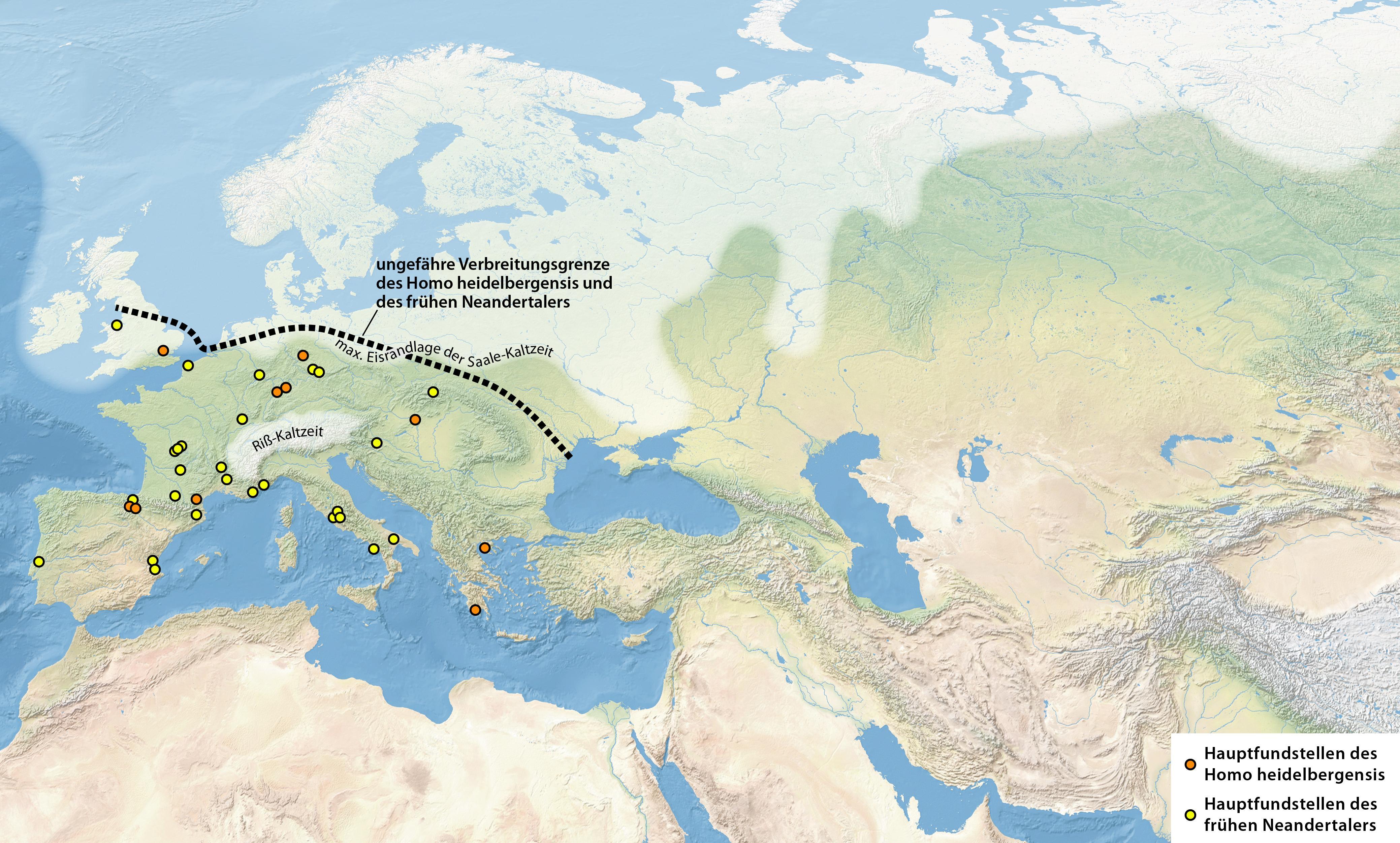
How Venezuela’s Political Turmoil Could Shake Up Migration and U.S. Politics
Understanding Venezuela’s Political Crisis
Venezuela’s political situation has been tumultuous for more than a decade, characterized by economic instability, corruption, and human rights violations. The presidency of Nicolas Maduro intensified these issues, leading to widespread protests, international sanctions, and severe economic hardship.
Key Factors of Venezuela’s Political Crisis
- Economic Collapse: Venezuela has seen hyperinflation, food and medicine shortages, and a significant GDP contraction.
- Government Corruption: The Maduro regime has been accused of widespread corruption, deepening distrust among the populace.
- Human Rights Violations: Reports of censorship, imprisonment of political opponents, and violent crackdowns on protests have surged.
Impact on Migration Patterns
The political instability in Venezuela has driven millions to flee the country, creating one of the largest exoduses in modern history. Below are some insights into how this migration plays out:
Migration to Neighboring Countries
Many Venezuelans have sought refuge in nearby countries like Colombia, Brazil, and Peru. The United Nations estimates that over 4 million Venezuelans have migrated since 2015.
html
Destination Country
Number of Migrants
Colombia
1.3 million
Peru
860,000
Brazil
250,000
Migration to the United States
The U.S. has also seen an increase in Venezuelan migrants seeking asylum. The complicated visa processes and immigration policies often complicate their entry into the United States.
How This Affects U.S. Politics
The influx of Venezuelan migrants has significant implications for U.S. politics. Here are some areas where this impact is most evident:
Immigration Policy Changes
The U.S. government has had to adjust its immigration policies to accommodate the growing number of asylum seekers from Venezuela. For example:
- Temporary Protected Status (TPS): This designation allows Venezuelans to live and work in the U.S. temporarily.
- Accelerated Asylum Processes: Special attention has been given to speeding up asylum claims for Venezuelan migrants.
Electoral Impact
The rise in Venezuelan migrants, particularly in states like Florida, can influence electoral outcomes. Venezuelan-Americans tend to be vocal about the U.S.’s role in addressing Venezuela’s crisis, impacting policy decisions and elections alike.
Humanitarian Aid and International Relations
The U.S. has provided significant humanitarian aid to help Venezuelan refugees and has also led international sanctions against the Maduro regime. This reinforces the U.S.’s stance on human rights and democracy globally.
Personal Stories: First-Hand Experiences
Many Venezuelan migrants have gripping stories that showcase the challenges they’ve faced. Here are a few testimonials:
Maria’s Journey from Caracas to Florida
Maria, a 29-year-old teacher, fled Venezuela due to the political instability and lack of basic necessities. “It felt like a war zone. We had no food, no medicine. Coming to the U.S. wasn’t easy, but it saved my life,” she said.
Carlos’ Asylum Experience
Carlos, a former journalist, sought asylum in the U.S. after being imprisoned for criticizing the government. “The road to asylum isn’t straightforward, but I’m grateful for the opportunities here,” he commented.
Benefits and Practical Tips for U.S. Policy Makers
While accommodating migrants poses challenges, there are also significant benefits:
Economic Contributions
Venezuelan migrants contribute to the U.S. economy by filling labor gaps and launching new businesses. Their integration is beneficial in:
- Job Creation
- Entrepreneurship
- Cultural Diversity
Practical Tips for Policy Makers
Policy makers can adopt several strategies to effectively integrate Venezuelan migrants:
- Enhanced Support Programs: Increase funding for refugee resettlement programs.
- Collaboration with NGOs: Work with non-governmental organizations to provide essential services.
- Community Integration: Foster community programs to aid cultural assimilation and social cohesion.
Future Outlook
The political crisis in Venezuela shows no immediate signs of resolution, meaning the migration trend may continue. The United States, alongside other global players, will need to continually adapt to support Venezuelan migrants and address the broader implications for international relations and domestic politics.
Additional Resources
To learn more about Venezuela’s political situation and its impact on migration and U.S. politics, consider visiting:
- United Nations High Commissioner for Refugees (UNHCR)
- U.S. Citizenship and Immigration Services (USCIS)
- Human Rights Watch
Utilizing these resources can offer a deeper understanding and more detailed statistics about the ongoing crisis and its broader implications.
By providing valuable insights and humane perspectives on how Venezuela’s turmoil affects migration and U.S. politics, this article aims to enhance awareness, prompt actionable changes, and aid SEO visibility for broader reach.

